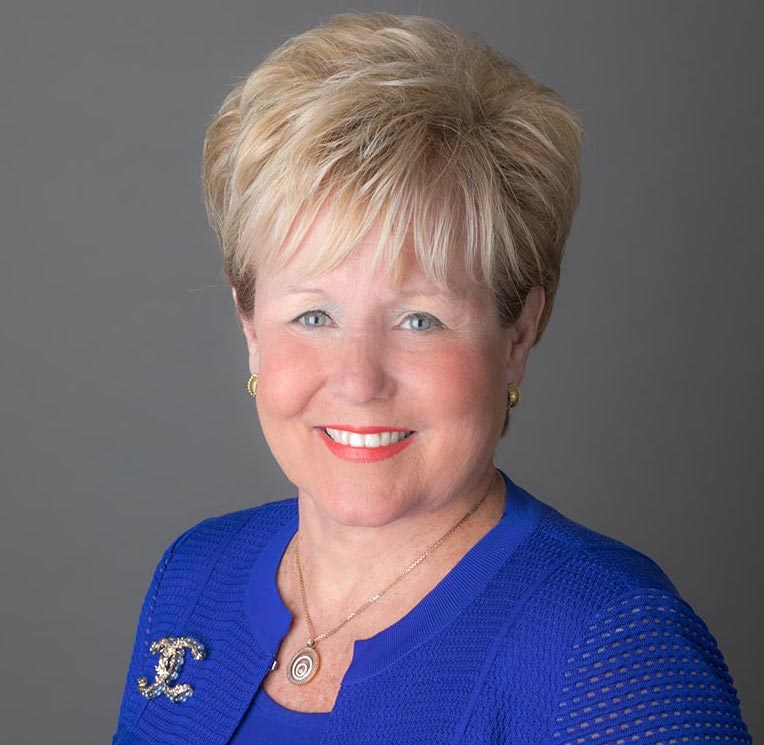Acadia Healthcare Co. Inc.’s leadership sees facility expansion as its best bet for the future of the company and hopes to capitalize on what it calls a fragmented behavioral health industry.
On Friday, Acadia Healthcare CEO Debbie Osteen said that its expansion efforts will be aided by a market and society that is more friendly toward mental and behavioral health.
“We are pleased to see issues surrounding mental health gaining more attention in the national spotlight,” Osteen said during the company’s third-quarter earnings conference call on Friday. “Many top professional athletes, corporate leaders and other social influencers have come forward to share their own personal struggles and reduce the stigma around mental illness.
“As a result, we are seeing higher demand and societal acceptance of behavioral health increase with a greater push for access to treatment and expanded coverage options for those who seek treatment.”
This favorable societal trend pairs well with many business-related and industry factors, Osteen said. The company has the right capital structure to pursue expansion along four major lines: bed expansion, building Acadia-owned facilities, joint ventures and M&A.
“We believe that there is still a lot of opportunity — that it is still a very fragmented market,” Osteen said. “And we see a number of smaller multi-facility systems, also a number of single facility operators, that I think presents future opportunities.
While she didn’t name specifics, Osteen did say that there are underserved markets Acadia Healthcare (Nasdaq: ACHC) will target.
During the third quarter, the company saw increases in revenue and earnings, here are a few key financial indicators compared to the same period in 2020:
— Revenue: $587.6 million, up 7.2%
— Net income: $67.9 million, up 48.6%
— Earnings per share: 72 cents, up about 6%
The consensus EPS estimate of 15 analysts was 72 cents per share, according to Yahoo Finance.
Acadia Healthcare also observed an increase in insurance rates for behavioral health-related services. This comes as regulators attempt to cope with the mental health crisis driven by the COVID pandemic. Combined with higher volumes and more commercially insured patients in the mix, the company also saw increases in terms of per-patient revenue and revenue growth on a per-facility basis.
Osteen said that its recent major executive hires are meant to help the company capitalize on these two prevailing trends — consolidating a fragmented market and capitalizing on the societal acceptance of mental health and behavioral health treatments.
On Oct. 11, Acadia Healthcare announced it had hired J.L. Osei Mevs as vice president of government relations and hired David Keys as its chief development officer. Osteen said that both hires are vital to the company’s growth strategy.
Keys “will focus on mergers and acquisitions and de novo development” while Mevs will “support our efforts to further educate policymakers and expand governmental support and funding.”
Osteen said that Acadia Healthcare’s position as the largest pure-play behavioral health company in the U.S. sets it up well for its M & A activity and its joint venture plans. The company operates 230 behavioral health facilities, 10,200 beds in 40 states and Puerto Rico. It also employs about 20,000 people that serve a daily census of about 70,000 patients.
This makes Acadia Healthcare an attractive joint venture partner with acute-care hospitals, which have seen an increase in people presenting in emergency rooms with mental health needs.
“We’ve had, I think, a very active pipeline of partnerships: They have not actually slowed, but they’ve actually accelerated,” Osteen said. “I was a little surprised by that. But I do think that [health systems] want to focus on other service areas within the med-surg system.”
Acadia Healthcare will make announcements about joint ventures during the fourth quarter, Osteen said.
Osteen also said that she is active in the search for her replacement, alongside the company’s board of directors and the national executive search firm it retained. Osteen announced her intent to retire at the beginning of October, effective Jan. 31, 2022.



